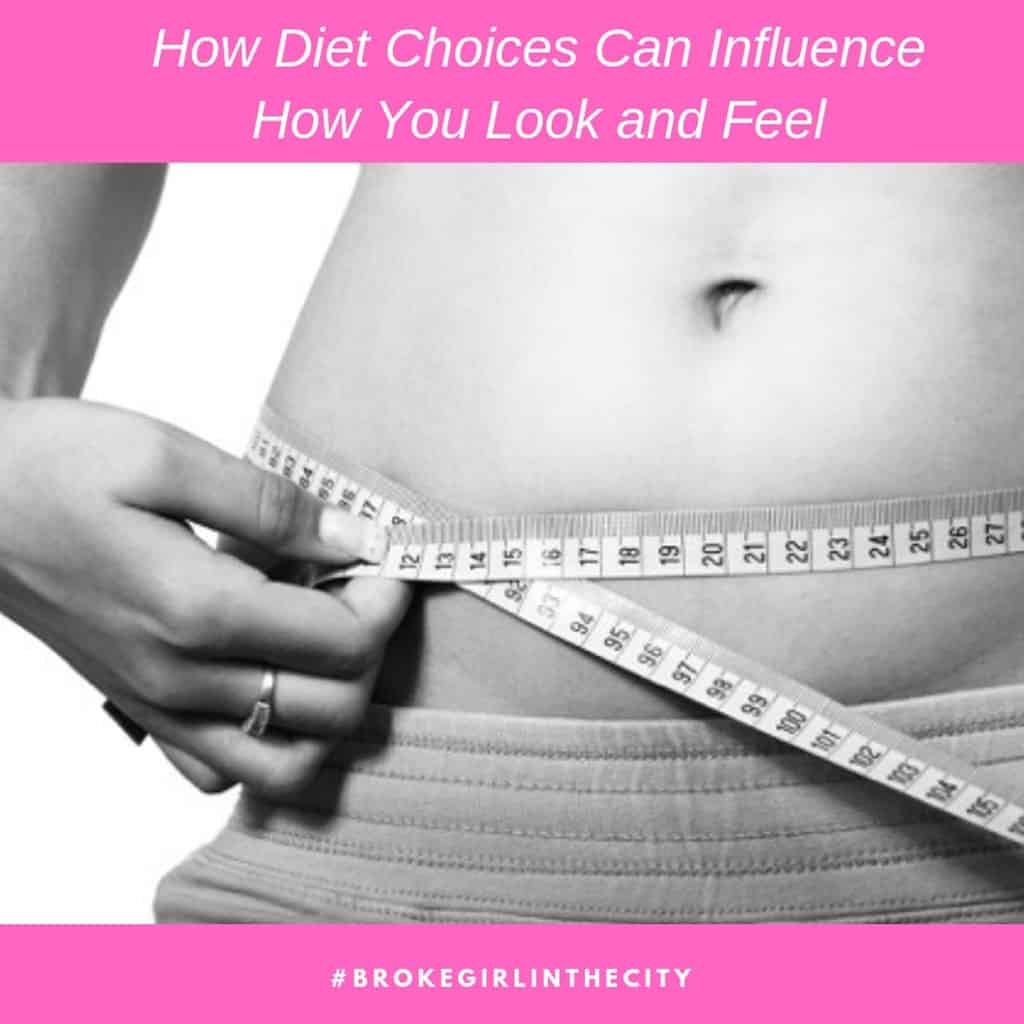
Are you eating yourself sick?
A common downfall in today’s culture is making poor food choices, and some experts link those decisions with various health conditions and obesity. By making healthier choices, it’s possible to improve your physical appearance and mental and physical health. Here’s important information on how to get your diet on track and look and feel better as a result.
The typical Western diet includes processed food, refined flour and sugars, unhealthy fats, and too much sodium. As an unfortunate result, diet-related diseases are often the cause of premature death. Choosing healthy fruits and vegetables, complex carbohydrates, and lean proteins is best.
Not only does a poor diet appear to contribute to higher health risks, but it also seems to affect emotional health profoundly. Some research indicates a correlation between an unhealthy diet and mood disorders, such as depression, anxiety, poor self-esteem, and stress. For example, in a study of more than 1,000 women, the group who chose a Western diet was more likely to have symptoms of depression. Those who ate a nutritious diet composed of fruits, vegetables, and whole grains experienced fewer symptoms of depression.

Better diet, healthier you.
Our resilient bodies can respond quickly to healthy food. For example, this infographic cleverly describes the changes in your body after a day, week, month, and year of a whole foods diet. A whole foods diet includes unprocessed fruits, vegetables, whole grains, and fresh meat. From day one, this diet results in fewer cravings, increased satiety, improved energy, better mood, and better weight control. After six months, the risk or symptoms of chronic illness is drastically reduced. Bones are stronger, blood pressure is lower, and blood sugar is more balanced.
It’s important to note proper nutrition can help with specific health issues. For instance, for those suffering from chronic pain or addiction, nutrition can be a key healing mechanism. It’s also a chance to reduce your risk for many chronic diseases so you look better, feel better, and even potentially live longer.

Slimming selections
Just as it helps with general health, proper nutrition can also help with weight control. Keeping track of how many calories and fats you put in your body can assist you in dropping unhealthy pounds, and sufficient nutrition provides energy and can help you feel satisfied. One effective option is a Mediterranean diet, which includes lots of fruits and vegetables, protein from fish and beans, and healthy whole grains. Stay positive, and don’t beat yourself up if you slip up. Just get back on track at your next meal.
Beautiful ideals and ideas
We often have unrealistic expectations about weight and appearance. As CNN explains, our beauty ideals are not always rooted in good health or attainable. To some extent, our ideas about beauty are changing as professional plus-size models and actresses are becoming more prevalent. While it’s healthy to accept our bodies for what they are, it’s also healthy to orient ourselves toward physical and mental wellness.

What should I weigh?
One of the best rules of thumb for gauging whether your weight is on the right track isn’t your clothing size, and it’s not exactly the bathroom scale. Your body mass index is an important indicator of whether you are in a healthy weight range, and it’s based on both your height and weight. It’s a simple way to assess whether you are underweight, in a healthy weight range, or overweight. You can use this calculator to tally yours.
Good nutrition supports stable emotions, energy, and general health. Make sure you engage in a nutritious and balanced diet and frame healthy, realistic attitudes about it. You are worth good choices, and your waistline will reflect those decisions.

